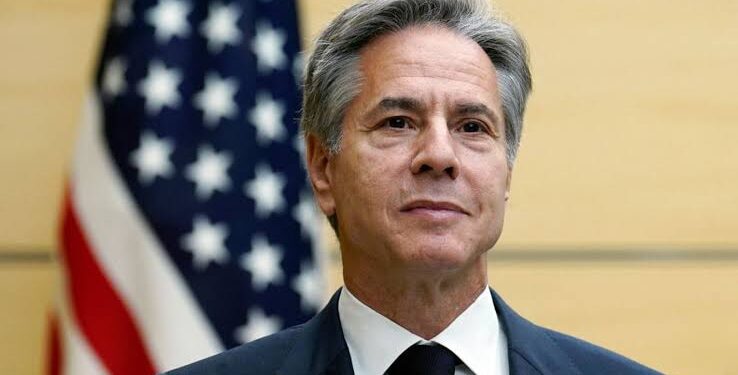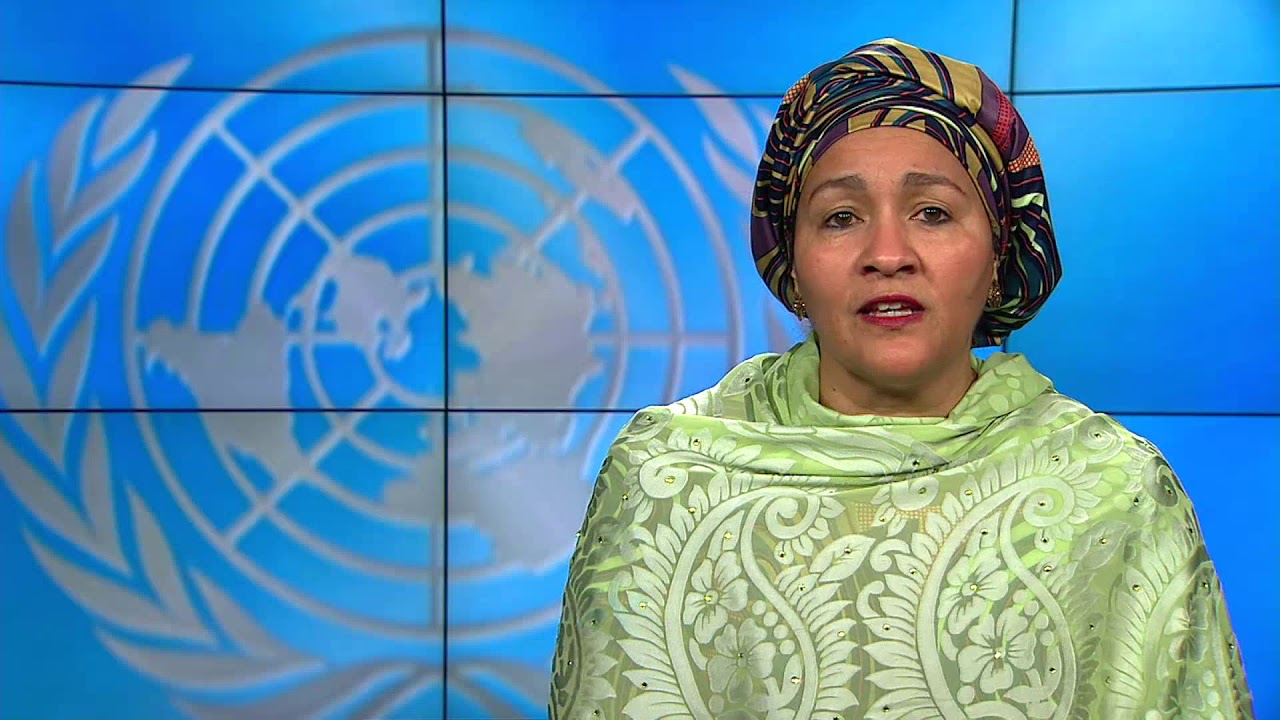U.S. Secretary of State Antony Blinken, during his trip to the Middle East, urged regional leaders to press Hamas to agree to a ceasefire proposal aimed at halting the ongoing fighting in Gaza. Blinken emphasized that Hamas remains the sole obstacle to the proposed three-phase deal, which includes the release of hostages and discussions toward ending the conflict—a plan to which Israel has already agreed.
Why It Matters
Blinken’s visit and calls for pressure on Hamas come amid escalating violence and a humanitarian crisis in Gaza. The ongoing conflict, triggered by a Hamas attack on Israel on October 7, has resulted in significant casualties and destruction. The U.S. is seeking to mediate a ceasefire to prevent further bloodshed, stabilize the region, and facilitate post-conflict reconstruction.

The urgency of these efforts is underscored by the high stakes involved for both Israeli and Palestinian civilians, as well as the broader geopolitical implications for the Middle East.
What They Are Saying
“My message to governments throughout the region, to people throughout the region, is if you want a ceasefire, press Hamas to say yes,” Blinken told reporters before departing Egypt for Israel. However, a senior Hamas official criticized Blinken’s comments as biased toward Israel.
In Cairo, Blinken met with Egyptian President Abdel Fattah al-Sisi before traveling to Israel to meet with Prime Minister Benjamin Netanyahu and Defense Minister Yoav Gallant. He is also expected to discuss governance and reconstruction plans for post-conflict Gaza with leaders in Jordan and Qatar.
Blinken emphasized the urgency of getting a response from Hamas on the ceasefire deal but refrained from providing detailed information about his discussions. Despite ongoing diplomatic efforts, including meetings by CIA Director William Burns with officials from Qatar and Egypt, a lasting ceasefire remains elusive.
Bottom Line
Secretary Blinken’s efforts highlight the United States’ commitment to ending the violence in Gaza and facilitating a sustainable peace process. The proposed three-phase ceasefire deal, supported by Israel, represents a crucial step toward de-escalating the conflict and addressing the humanitarian needs in the region. However, the success of these efforts hinges on Hamas agreeing to the proposal, underscoring the complex and volatile nature of Middle East diplomacy. The departure of centrist leader Benny Gantz from Israel’s emergency government adds further uncertainty to the situation, potentially complicating future peace negotiations and regional stability.















